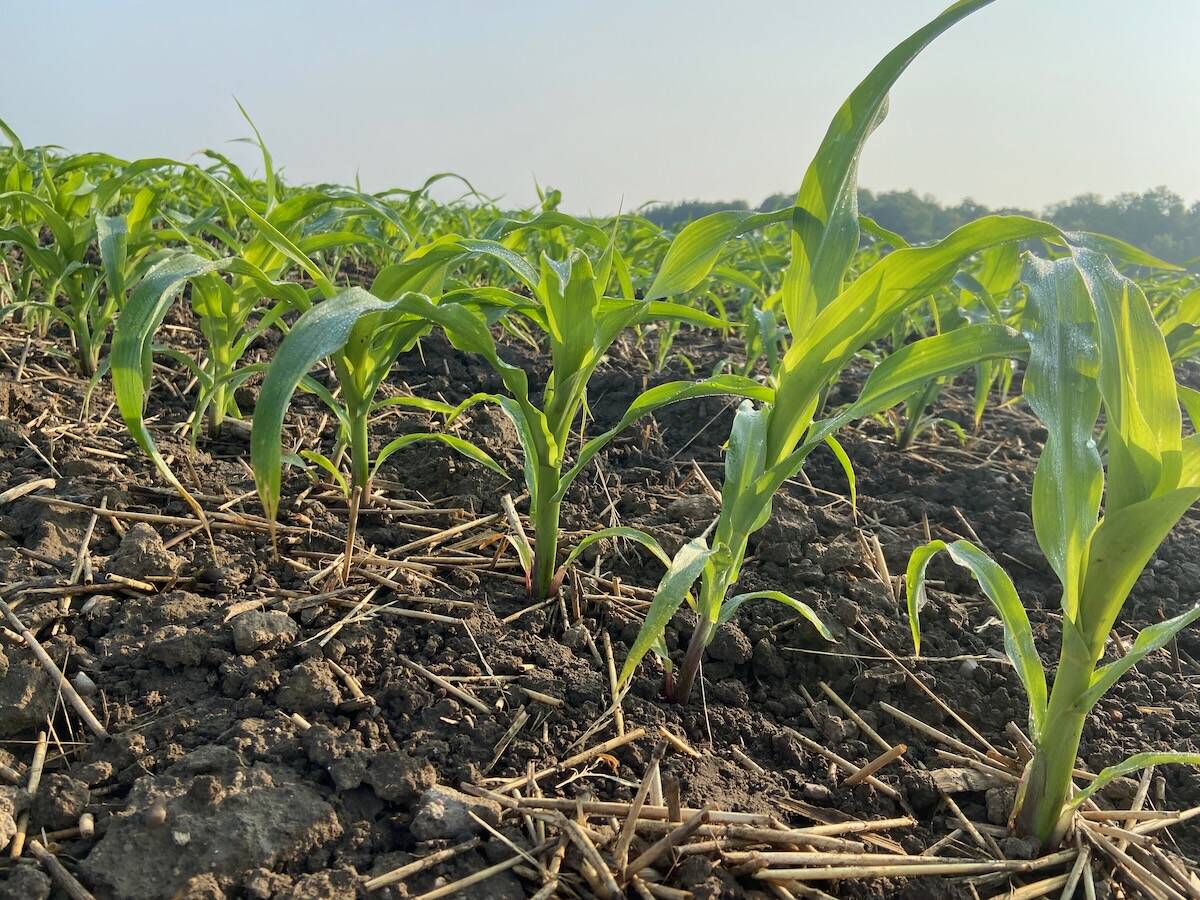Reuters / Canadian stocks of canola dropped to their lowest level in 15 years at midsummer, further than expected, and wheat supplies were the smallest in five years, Statistics Canada said Sept. 6.
The national statistical agency, using a farmer survey, pegged canola stocks in commercial storage and farms at 608,000 tonnes as of July 31, down 14 per cent from a year earlier and well below the average trade expectation of 730,000 tonnes in a Reuters survey.
StatsCan’s canola estimate, near the bottom end of a range of trade guesses, is not likely to influence markets much, said Dave Reimann, market analyst for Cargill Ltd.’s grain-marketing services division.
Read Also

Can we trust the USDA crop data anymore?
Indications that farmers, analysts and traders have started to lose trust in U.S. Department of Agriculture data are hardly a surprise.
“We are coming off a fairly tight situation, no question about it, but with harvest upon us already, I think the trade is much more focused on that big supply (coming),” he said.
All-wheat stocks amounted to 5.057 million tonnes, down 14.8 per cent, and just below the average trade estimate of 5.13 million tonnes.
Canada is the world’s biggest canola grower and exporter, and the sixth-largest wheat producer.
StatsCan also reported year-over-year declines in stocks of barley (to 983,000 tonnes), durum (to 1.15 million tonnes) and oats (to 511,000 tonnes).
“They were down for virtually every crop, just a reflection of how very tight all of these markets were last crop year (due to) drought in the U.S. and problems in the former Soviet Union and other areas,” analyst Jonathon Driedger of FarmLink Marketing Solutions said on a conference call organized by Minneapolis Grain Exchange. “It just created that strong incentive for farmers to deliver grain, and for commercials to export it.”














